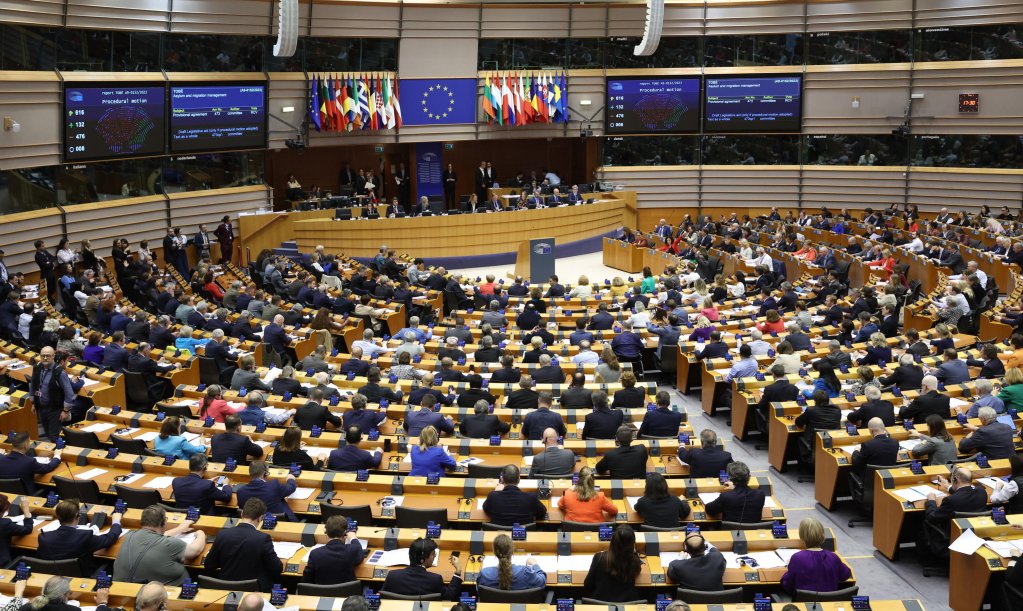Slovakia has aligned itself with Poland and Hungary in rejecting the implementation of the new EU Migration Pact, sparking renewed tensions within the European Union. Prime Minister Robert Fico declared Slovakia’s refusal to abide by the pact’s rules, signaling ongoing discord despite the European Parliament’s recent approval of the pact.
The EU Migration Pact, which has been years in the making, aims to address the divisive issue of migrant relocation among member states. However, countries like Slovakia, Poland, Czech Republic, and Hungary have expressed staunch opposition to mandatory relocation measures, particularly concerning asylum seekers arriving in frontline states along the Mediterranean.
Slovakia’s rejection of the pact underscores broader resistance among Visegrad bloc nations to EU-wide solidarity mechanisms. Prime Minister Fico criticized the pact as a form of dictation, arguing against mandatory acceptance of migrants or hefty financial penalties for non-compliance.
In a similar vein, Poland has voiced skepticism towards the pact, emphasizing its reluctance to accept relocated asylum seekers within its borders. Despite a change in government leadership towards a more pro-European stance, Poland remains steadfast in its opposition to mandatory relocation measures.
Hungary, under the leadership of Prime Minister Viktor Orban, has been vocal in its condemnation of the EU Migration Pact, labeling it as detrimental to the European Union’s integrity. Orban’s recent remarks likened the pact to “another nail in the coffin of the European Union,” highlighting deep-seated divisions within the bloc.
Concerns over the pact’s effectiveness and implications for EU cohesion have also surfaced in the Czech Republic. Doubts raised by Czech media underscore growing disillusionment with traditional political parties’ handling of migration issues, fueling support for far-right ideologies across the bloc.
As dissent among member states persists, the future of the EU Migration Pact remains uncertain, with implications for the bloc’s approach to border control, asylum policies, and intra-European solidarity.


